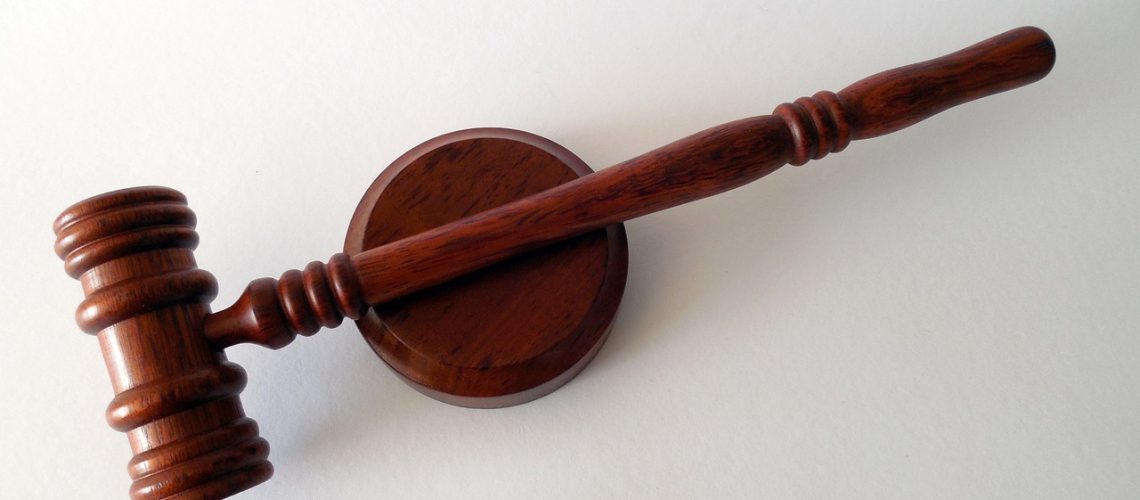In the complex world of law, it’s crucial to distinguish between two main types of cases: criminal and civil. These legal proceedings serve different purposes, have unique processes, and lead to distinct outcomes. In Georgia, as elsewhere, understanding these differences is key to navigating the legal system effectively. Arora Law is here to shed light on these distinctions and provide expert guidance if you find yourself in need of legal defense.
Civil Cases: Resolving Disputes Between Parties
A civil case involves disputes between individuals, organizations, or entities. These conflicts typically revolve around issues like contracts, property disputes, personal injury claims, or family matters. The primary goal is to compensate the injured party, not to punish the wrongdoer. In Georgia, civil cases are often initiated by one party (the plaintiff) filing a lawsuit against another party (the defendant).
Examples of Civil Cases:
- Personal Injury Lawsuits
- Contract Disputes
- Family Law Cases (Divorce, Child Custody)
- Property Disputes
- Employment Discrimination Cases
Criminal Cases: Prosecuting Criminal Acts
On the other hand, a criminal case involves the violation of criminal laws set by the state or federal government. The goal here is to punish the wrongdoer for their actions and protect society. In Georgia, criminal cases are initiated by the government (the prosecutor) filing charges against an individual or entity (the defendant). The accused faces penalties such as fines, probation, or imprisonment if found guilty.
Examples of Criminal Cases:
- Theft
- Assault
- Drug Possession
- Burglary
- Homicide
Main Differences Between Criminal and Civil Cases
There are 5 main differences between criminal and civil cases.
- Purpose
- In a civil case, the main goal is to compensate the injured party for any losses caused by the wrongful act.
- In a criminal case, the main goal is to punish the wrongdoer and protect society.
- Initiation
- Civil cases are initiated by the injured party (plaintiff).
- Criminal cases are initiated by the government (prosecutor).
- Burden of Proof
- Claims in a civil case can be proven by a preponderance of the evidence (more likely than not). This means that the evidence only has to show that it is more likely than not that the defendant committed the wrongful act.
- Crimes in a criminal case must be proven beyond a reasonable doubt. This means that for a defendant to be guilty, a jury cannot have any logical or rational doubt that the defendant committed the crime. This is the highest burden in our legal system.
- Outcome
- In a civil case, a defendant is either found “liable” or “not liable” for causing the plaintiff’s injury. If found liable, the defendant could face monetary compensation or specific performance.
- In a criminal case, defendants are presumed innocent and are either found “guilty” or “not guilty.” The punishments for criminal cases are more severe than those for civil cases to deter others from committing the same crimes. These punishments include fines, imprisonment, probation, and in some cases even death.
- Legal Protection and Representation
- Both plaintiffs and defendants in civil cases generally have a right to appeal the outcome of the civil case. However, aside from their appeal right, a civil party does not have many of the rights and privileges that belong to a criminal defendant.
- Defendants in criminal cases enjoy various safeguards, such as protection from unlawful searches and seizures. They also have a right to an attorney. If they cannot afford an attorney, the government is required to provide one for them. Once a decision is reached in a criminal case, the defendant (not the prosecutor) has the legal right to request an appeal.
Can a Case Be Both Civil and Criminal?
Yes, a case can be both civil and criminal. A classic example is the O.J. Simpson case. He was found not guilty in the criminal trial for the murder of his ex-wife, but later he was found liable for her death in a civil case.
News of the second trial confused those unfamiliar with the American legal system. Mr. Simpson’s first trial happened in criminal court, but the second, a civil trial, didn’t involve the government.
The parties in the civil trial represented the victims, seeking monetary damages. Unlike criminal trials where guilt is at stake, civil trials focus on liability. In a civil case, a jury can’t sentence someone to jail; their role is to decide if the defendant is liable for damages.
Criminal trials determine guilt using the “beyond a reasonable doubt” standard, making it harder to find the defendant responsible for the wrongful act. In civil cases, the standard is “by a preponderance of the evidence,” meaning it’s more likely than not. You can also think of it as being more than 50% likely. Criminal cases presume innocence, but civil cases don’t presume someone is “not liable.” The O.J. civil and criminal cases used similar evidence, but the civil jury found liability while the criminal jury had reasonable doubt. This shows how results can differ in civil and criminal cases arising from the same situation.
Why You Need Experienced Legal Defense for Criminal Cases
Facing a criminal charge is a serious matter. The consequences can be life-altering, including fines, imprisonment, and a tarnished reputation. It’s essential to have experienced legal defense to navigate the complexities of criminal law, challenge the evidence presented, and ensure your rights are protected.
CHOOSE ARORA LAW FOR YOUR LEGAL DEFENSE
Arora Law, with its extensive experience in criminal defense, is your ally in navigating the intricacies of the legal system. We understand the challenges you may face in Georgia, and our seasoned criminal defense attorneys are ready to provide expert guidance tailored to your specific situation.
If you or someone you know is facing a criminal charge, we can help. Call Arora Law at (404) 609-4664 or contact us online for a free initial consultation. Our dedicated team is here to stand by you during this challenging time.










